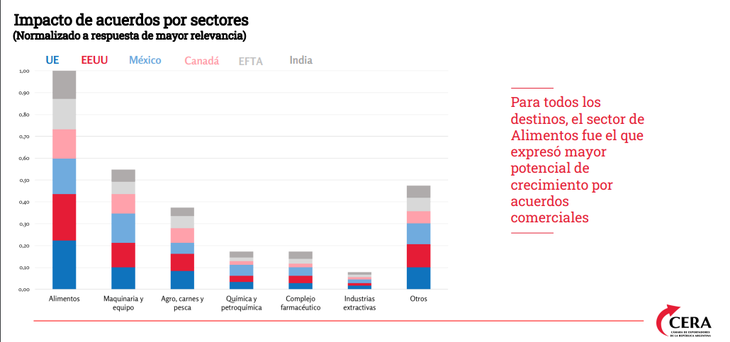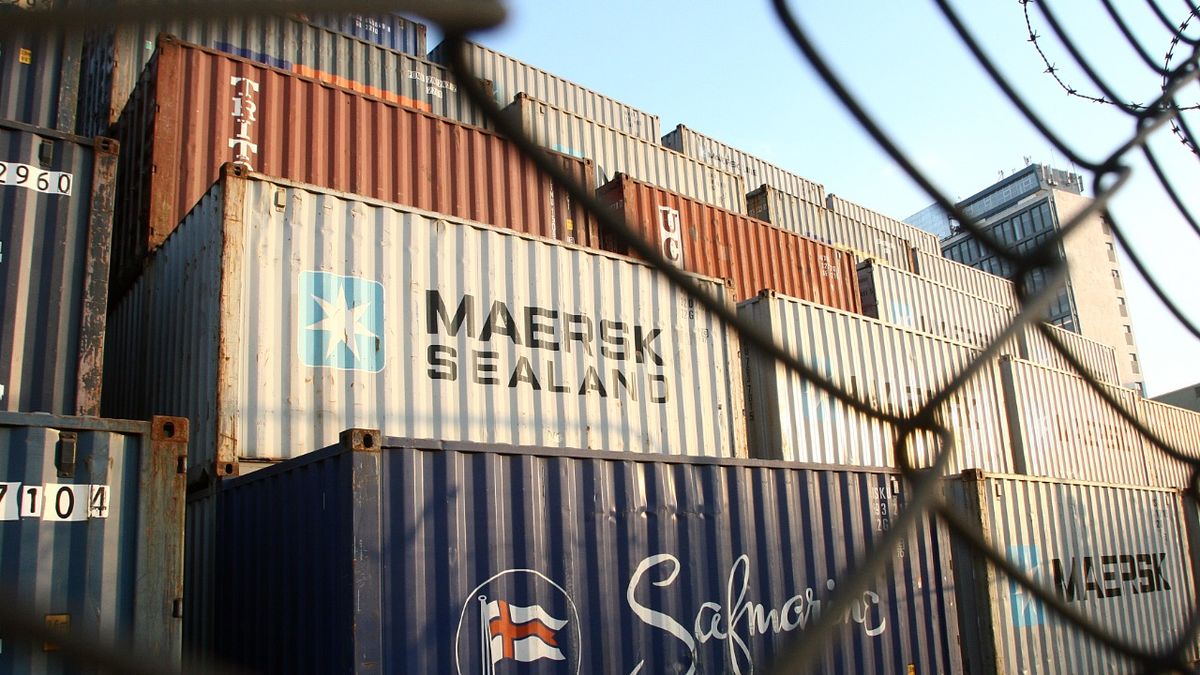Most of the exporting sectors expects a significant drop in its sales abroad during 2023, according to the latest report from WAX (Chamber of Exporters of the Argentine Republic) through its annual survey.
The sectors that project the most falls of 5% or more are Agriculture, meat and fishing, Food and Machinery and Equipment. In changes, the most optimistic sectors are the Extractive Industries, Chemical and Petrochemical and Pharmaceutical Complex. 79% of the companies that did not export in 2022 expect to continue without export in 2023.
Key: what are the main problems of the export complex
The export businessmen Interviewees affirmed that the greatest difficulties originate in the domestic framework. Regulatory uncertainty, internal logistics cost and access to imported inputs (SIRA/SIRASE) are indicated as the main negative factors. In May and June 2023, the main regulatory uncertainty was due to the BCRA circulars that affected the payment of freight.
expo1.PNG
Other data reflecting the survey of exporters
Exporters finance themselves mainly with their own funds. They have little access to the banking and financial sector (almost zero participation in the capital market). Large companies have more support from the economic group.
- All tax corrections would have a high impact on exports. In sectors that pay export duties, these are the most important issue.
- The most requested aspects for trade facilitation are the digitization (VUCE) and lower customs costs.
- The main obstacle in the certification processes is the operational complexity. One in 5 companies said they have a sustainability certification.
- Trade agreements with the US and the EU are the ones that would have the greatest export impact. The food sector was the one that expressed the greatest growth potential due to trade agreements.
expo2.PNG

EU-Mercosur Agreement: how it would benefit Argentina
The EU it is a partner that is enormously attractive to our region. With more than 500 million inhabitants and an average purchasing power of USD 34,000 per year, it constitutes around 20% of the world economy and a third of the imports global. The Agreement establishes a stable and predictable framework for the rules of the game for companies that invest, create jobs, plan their production and seek to insert themselves into global value chains to increase their market share. This will create a favorable framework to increase the foreign direct investment.
For Argentina, an agreement between the EU and Mercosur will allow Argentine companies to reduce the costs of imported inputs, increasing productivity and competitiveness. In other words, the gains derived from the Agreement will be extensive for many industrial sectors that will be able to be supplied at more competitive prices.
The EU represents the third export destination for Argentina but has a deficit balance of US$410 million in May. A. Of a total of twenty-seven countries, the five that registered the highest exports concentrated 70.7% of sales to the bloc: Spain, Netherlands (includes the port of Rotterdam, transit to other countries), Italy, Germany and Ireland, in that order. 32.0% of total exports to the European Union consisted of sales of flour and pellets from the extraction of soybean oil. Trade with the European Union it constituted 8.7% of exports and 12.9% of total imports.
Source: Ambito




